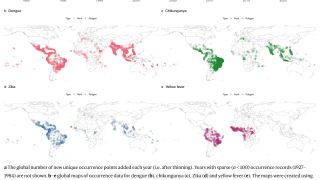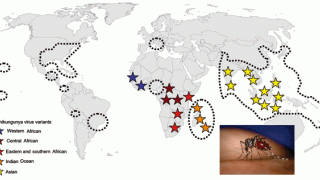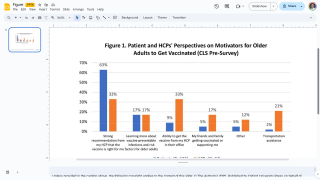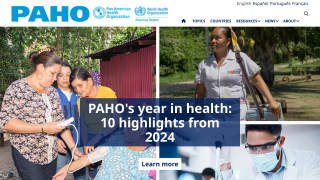Costa Rica Tourism Tarnished by Diseases, Economics, and Shellfish

Over the past decade, the Republic of Costa Rica has seen a significant increase in tourism from the United States and the United Kingdom, which has dramatically boosted the local economy.
However, the Tico Times reported on April 17, 2025, that the positive tourism trend has suddenly shifted in 2025.
This local media outlet's article, "Why Tourists Are Vanishing," reported that in February 2025, only 270,810 tourists arrived in Costa Rica by air, a 7% decrease from the previous year.
According to the Costa Rican Tourism Board, this data marks six consecutive months of decline.
The reasons behind these decreases include tourists facing higher costs due to the local currency, rising insecurity, an increase in tourists reporting crimes such as assaults and thefts, and eating shellfish.
On April 15, 2025, the U.S. Embassy confirmed a ban on the harvesting and sale of bivalve mollusks (such as piangua, mussels, clams, and oysters) from the coastal area between Playa Herradura and the mouth of the Guacimal River.
According to local authorities, recent tests in shellfish from this region detected paralytic marine toxins, a serious type of toxin that can lead to shellfish poisoning.
Additionally, mosquito-borne diseases such as chikungunya, dengue, and Zika are once again affecting both residents and international visitors.
The Ministry of Health and the Pan American Health Organization have confirmed, as of April 18, 2025, that seven cases of chikungunya have been reported so far this year, 1,957 cases of dengue, six cases of malaria, and six cases of Zika.
Recently, the Ministry of Health announced positive news as the local vector control teams are proactively eliminating mosquito breeding sites and fumigating houses to reduce these infections.
Moreover, approved vaccines to prevent chikungunya and dengue are available in various countries this year.
While tourists have other Central American and Caribbean destinations to visit, Costa Rica's lush mountains and delightful beaches will continue to welcome visitors during the summer of 2025.
Our Trust Standards: Medical Advisory Committee






















